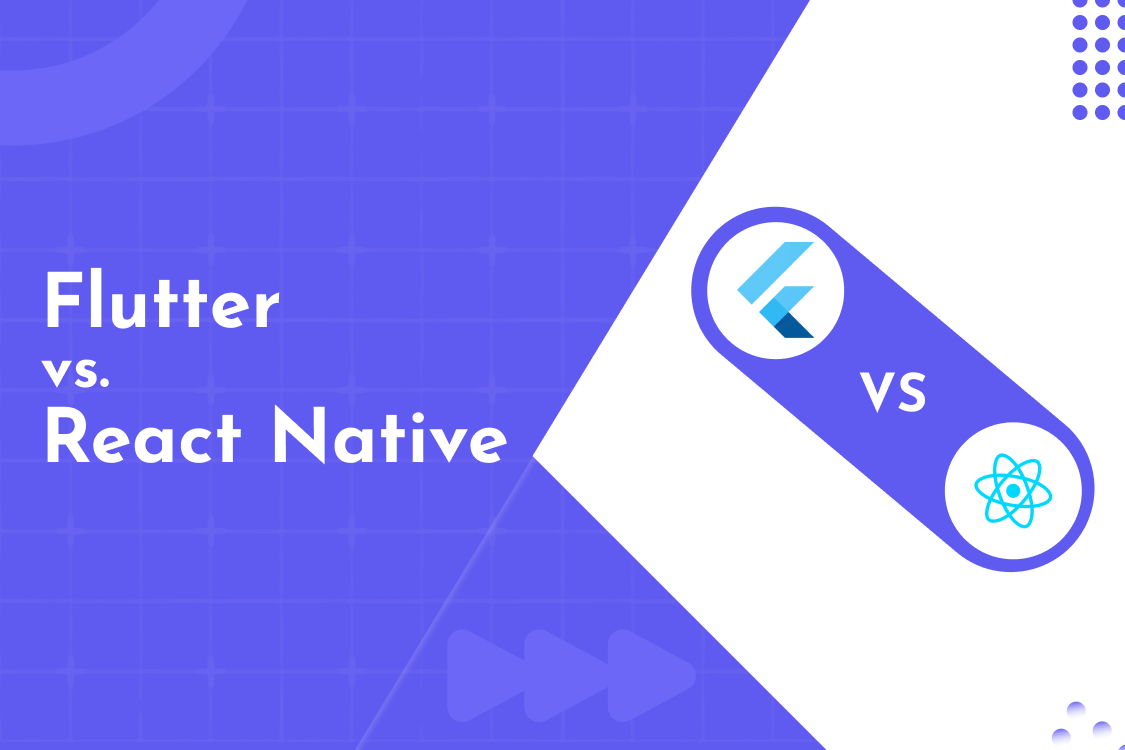We love to hear from you about your project.

Choosing the Right Cross-Platform Framework for Your App
When it comes to building mobile apps for both iOS and Android, two names often pop up — Flutter and React Native. These two are the most popular cross-platform app development frameworks today. But how do you choose between them?
Let’s break things down in a simple and easy-to-understand way so you can decide what fits your project best.
Flutter is a UI toolkit created by Google. It lets developers build natively compiled apps using a single codebase. It uses a language called Dart and comes with a rich set of pre-designed widgets.
React Native is a framework developed by Facebook. It uses JavaScript and allows developers to build apps using React — a popular web development library.
Let’s compare the two frameworks across different categories.
Flutter performs better in most cases because it compiles directly to native code.
React Native may have slight performance issues due to its bridge between JavaScript and native modules.
Flutter uses Dart – less popular but clean and structured.
React Native uses JavaScript – very popular and beginner-friendly.
Flutter gives full control with custom widgets and consistent UI across platforms.
React Native relies on native components, so the UI might differ between iOS and Android.
Flutter is growing fast and supported by Google.
React Native has a huge community and lots of third-party libraries.
Both frameworks offer Hot Reload, which helps in faster development and testing.
Flutter has a built-in testing suite for unit, widget, and integration testing.
React Native requires third-party tools for proper testing.
Go for Flutter if:
Pick React Native if:
It depends. Flutter offers better performance and more control over the UI, while React Native is easier to learn and faster to develop with.
Flutter is generally faster because it compiles to native code and doesn’t use a JavaScript bridge.
Flutter uses Dart, a programming language developed by Google.
Yes! Both Flutter and React Native allow you to write one codebase for multiple platforms.
React Native has been around longer and has more libraries, but Flutter’s community is growing rapidly
There’s no one-size-fits-all answer. Both Flutter and React Native are great tools, and the choice depends on your specific project needs. Flutter might be a better pick for performance and custom UI, while React Native is great for quicker development with familiar tools.
Note: Give us a call or leave a message, we endeavour to answer all enquiries within 24 hours on business days.
We love to hear from you about your project.
If you want to get a free consultation without any obligations, fill in the form below and we’ll get in touch with you.